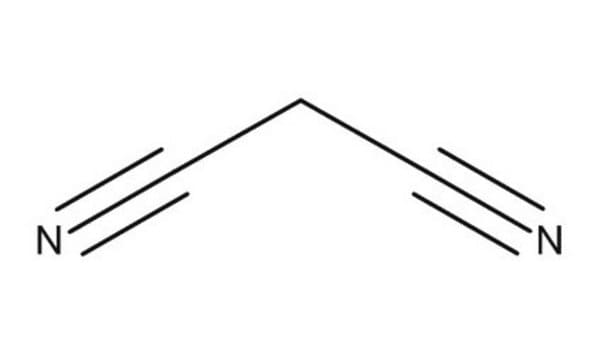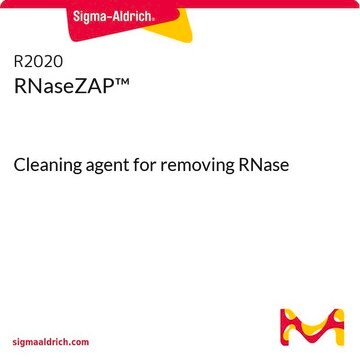210145
2,2-Dimethyl-1,3-dioxane-4,6-dione
98%
Synonym(s):
Malonic acid cyclic isopropylidene ester, Meldrum’s acid, cycl-Isopropylidene malonate
About This Item
Recommended Products
Quality Level
Assay
98%
form
solid
mp
92-96 °C (lit.)
solubility
dioxane: soluble 5%, clear to very slightly hazy, colorless to faintly yellow
functional group
ester
ketal
storage temp.
2-8°C
SMILES string
CC1(C)OC(=O)CC(=O)O1
InChI
1S/C6H8O4/c1-6(2)9-4(7)3-5(8)10-6/h3H2,1-2H3
InChI key
GXHFUVWIGNLZSC-UHFFFAOYSA-N
Looking for similar products? Visit Product Comparison Guide
Related Categories
General description
Meldrum′s acid is used as a valuable starting material to synthesize heterocycles and as intermediates in organic synthesis reactions.
Application
- macrocyclic β-keto lactone
- 4-pyridyl-substituted heterocycles
- 2-substituted indoles
- isofraxidin.
Storage Class Code
11 - Combustible Solids
WGK
WGK 2
Flash Point(F)
Not applicable
Flash Point(C)
Not applicable
Personal Protective Equipment
Regulatory Listings
Regulatory Listings are mainly provided for chemical products. Only limited information can be provided here for non-chemical products. No entry means none of the components are listed. It is the user’s obligation to ensure the safe and legal use of the product.
JAN Code
210145-25G:
210145-BULK:
210145-25KG:
210145-VAR:
210145-10G:
210145-100G:
210145-1KG:
Choose from one of the most recent versions:
Already Own This Product?
Find documentation for the products that you have recently purchased in the Document Library.
Customers Also Viewed
Articles
Knoevenagel Condensation is an organic reaction named after Emil Knoevenagel. It is a classic C-C bond formation reaction and a modification of the Aldol Condensation.
Our team of scientists has experience in all areas of research including Life Science, Material Science, Chemical Synthesis, Chromatography, Analytical and many others.
Contact Technical Service








